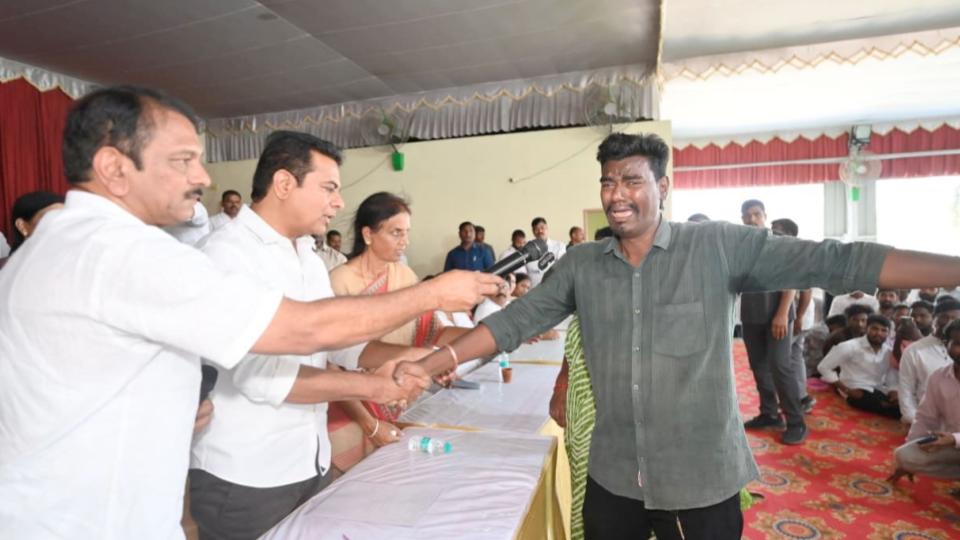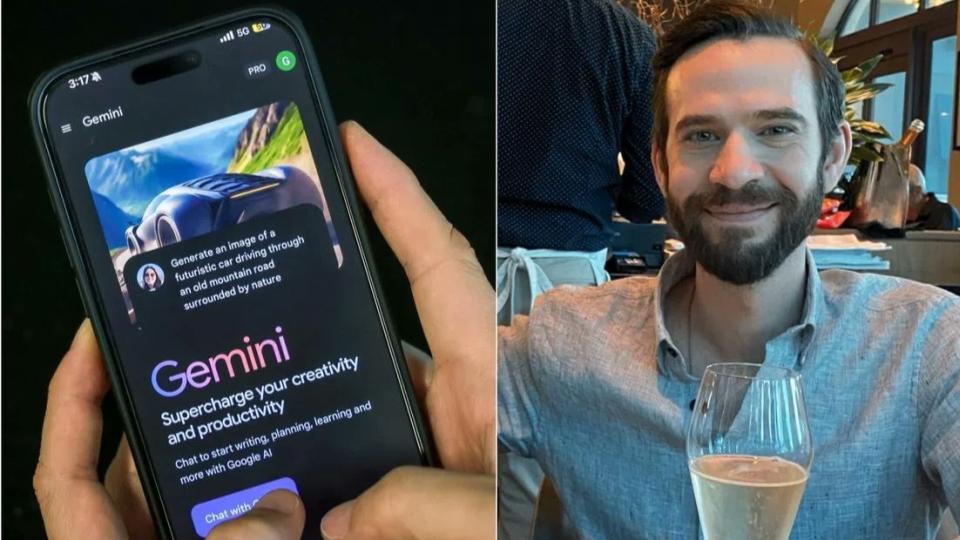Beware of ‘friend in need’ cyber frauds, cyber experts
Sun 20 Nov 2022, 10:42:06

As our lives get increasingly immersed in digital realms, our connect with our social circle is also getting confined to the endless boundaries of social media. This is a very basic fact–known by everyone and even cyber fraudsters. Not just technology but even the trickery of cyber criminals is continuously evolving. The latest one is to hack people’s Facebook or WhatsApp accounts and then approach the victim’s friends for money–playing the 'friend in need' card.
A 29-year-old woman (identity protected) from Vikhroli fell prey to one such fraud. Talking to The FPJ, she said, “I work as a consultant in a finance company. The incident happened last month when I was at home, spending time with my family. It was the weekend. One of my friends, who has been close to me since childhood,texted me saying she urgently needs Rs 50,000 for academic needs.It was the beginning of the month and my salary had been credited. Hence,I transferred money to the number she had sent via Facebook. After almost 8-9 hours, I called her to check if everything was sorted and the nextthing I came to know was that her Facebook account was hacked. I am one among many who got a text from that account.”
On Oct 3, Maharashtra Cyber Cell issued an advisory, warning citizens againstfake social media profiles. The advisory said this type of fraud can damage one’s online reputation while the victims become vulnerable to attacks like phishing and financial scams.
“People tend to fall prey to frauds
where an unknown person is involved. In the case of hacking and asking for money pretending to be someone thevictimknows, the threat doubles up as the fraudsters pretend to be acquaintances of victims,” said a police officer.
where an unknown person is involved. In the case of hacking and asking for money pretending to be someone thevictimknows, the threat doubles up as the fraudsters pretend to be acquaintances of victims,” said a police officer.
A 37-year-old man from Vakola had a similar experience but fortunately, he managed to recover his money. “I was in my office when I received a text on WhatsApp from a known friend, asking me to lend Rs 15,000. He said that his mother is unwell and needs emergency cash to deposit in the hospital. He told me to send the money via Google Pay. After sending the amount, I was randomly scrolling through Instagram and found a story of the same friend, where he was hanging out with his friends. I texted him on Insta and he said that he didn’t askfor anymoney. It came as a surprise to me. A relativeof mineknewapolice officer in Vakola, so I raised the complaint through him,” he said.
Cyber experts suggest that one-time password (OTP) or security PIN numbers should not be shared with anyone; not even with close friends and family.
“In these cases, while the phone is in the victim’s hand, WhatsApp could be active in someone’s device (hacker, or fraud). In order to not fall for such a scam, people should never share any OTP or PIN number that they receive on their devices. Every application or platform has two-factor authentication (2FA) which should be activated for maximum protection,” explained Cyber and Privacy lawyer Dr Prashant Mali.
No Comments For This Post, Be first to write a Comment.
Most viewed from General
Most viewed from World
AIMIM News
Latest Urdu News
Most Viewed
May 26, 2020
Which cricket team is your favourite to win the T20 World Cup 2026?
Latest Videos View All
Like Us
Home
About Us
Advertise With Us
All Polls
Epaper Archives
Privacy Policy
Contact Us
Download Etemaad App
© 2026 Etemaad Daily News, All Rights Reserved.















.jpg)



















.jpg)
.jpg)
.jpg)


